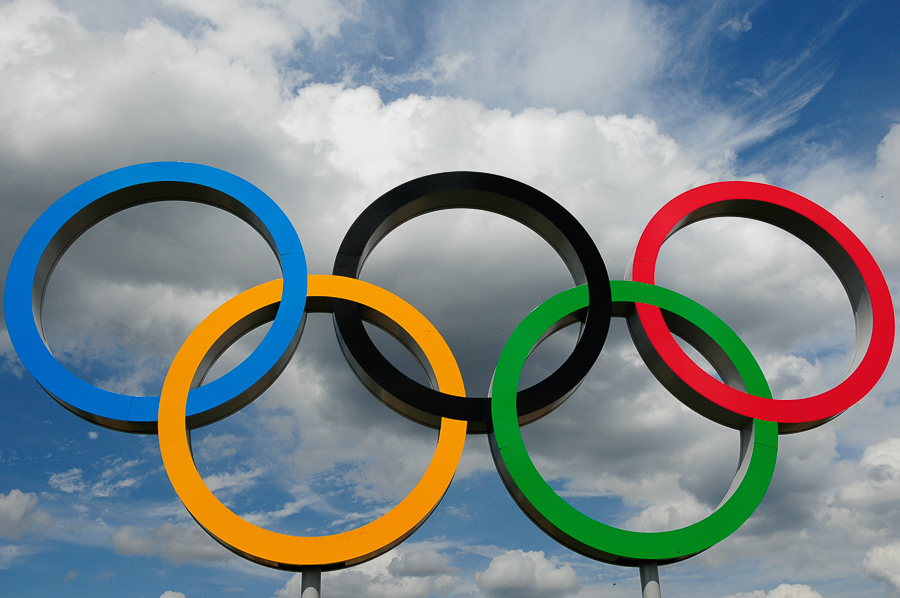
 The Olympics are here — and with it, yet another controversy. A week before the Games commence in Pyeongchang, South Korea, the Court of Arbitration for Sport removed lifetime bans for 28 Russian athletes. While this doesn’t mean they’re officially allowed to compete, the ruling negates the International Olympic Committee’s own punitive ruling following the Russian doping scandals in the 2014 and 2016 Games.
The Olympics are here — and with it, yet another controversy. A week before the Games commence in Pyeongchang, South Korea, the Court of Arbitration for Sport removed lifetime bans for 28 Russian athletes. While this doesn’t mean they’re officially allowed to compete, the ruling negates the International Olympic Committee’s own punitive ruling following the Russian doping scandals in the 2014 and 2016 Games.
The Court’s ruling follows a decision by the IOC in January that allows 169 Russian athletes to compete in Pyeongchang under a neutral banner — almost as many as the 2014 Russian contingent in Sochi and Vancouver, host of the 2010 Games. The athletes will be required to wear uniforms bearing the acronym OAR, or “Olympic Athlete from Russia,” and will hear the Olympic anthem played at medal ceremonies in place of their own.
Understandably, the CAS and the IOC have come under heavy fire for their respective decisions, with both bodies accused of misplaying the doping scandal. The United States Anti-Doping Agency issued a statement condemning the “IOC’s failure to swiftly and decisively deal with Russia’s unprecedented attack on fair play [which] has eroded public trust in the values of the Olympic movement.”
The point of all this buildup is to make the case that the back-and-forth between various international committees and domestic agencies ignores the political reality presented by allowing Russians to compete in the Olympics. If, judging by the American response, the “values of the Olympic movement” have been compromised by including the Russians at the Games, the opposite reaction (not including them) is even worse.
Fomenting a harsher response to Russia’s participation in Pyeongchang, as the United States Anti-Doping Agency seems to insist, would only accelerate the divide between Russia and the West without any clear-cut benefits.
Other responses to Russian doping fail to impress. Let’s say the Russian team was limited to athletes who underwent an extremely rigorous anti-doping regimen outside Russia, as cited by the editorial board at the Chicago Tribune. Assuming the athletes were tested by some Western-backed organization or host nation — the most plausible scenario given the IOC’s headquarters in Switzerland and the clout wielded by the United States Anti-Doping Agency — the Russian arguments eliciting a “Western conspiracy” would go in full effect, sowing further discord in a nation already hammered by Western sanctions.
Even if the West had nothing to do with such a scenario, the Russian narrative would play the hand that (domestically) seems to always win: It’s Putin against the world, or at least the Russians against everyone else.
When outside forces seem to have the power to control Russians — from athletes to oligarchs — it’s understandable that distrust feeds Russia’s foreign policy objectives.
This is a time when the seeds of trust need to be planted, even at the expense of a perfectly ‘clean’ Olympic Games. The United States and Russia have already imposed ticky-tacky measures to whittle diplomatic personnel down to equivalent numbers, an odd practice that limits concurrent talks and saves face for nobody. Congressional blacklists, of the sort that identify businessmen with ties to Putin, reiterate the hostility.
This is not to say we should give Russia a green light to continue its aggressive territorial acquisitions in Ukraine, or that we should ignore Russia’s troublesome election meddling.
What needs to happen, however, is a reevaluation of Russian-American relations that sets aside petty differences and offers an olive branch to a country that has already faced some harsh, and rather unprecedented, Olympic sanctions.
The dominating media influences in the U.S. relentlessly criticize the Putin regime. This is understandable. But if we — and other stakeholders in the Olympics at large — can rein in the hostility, relationships may be improved. It’s a small order to ask when the alternatives are ever-present and ever-darker.
Written by: Nick Irvin — ntirvin@ucdavis.edu
Disclaimer: The views and opinions expressed by individual columnists belong to the columnists alone and do not necessarily indicate the views and opinions held by The California Aggie.








